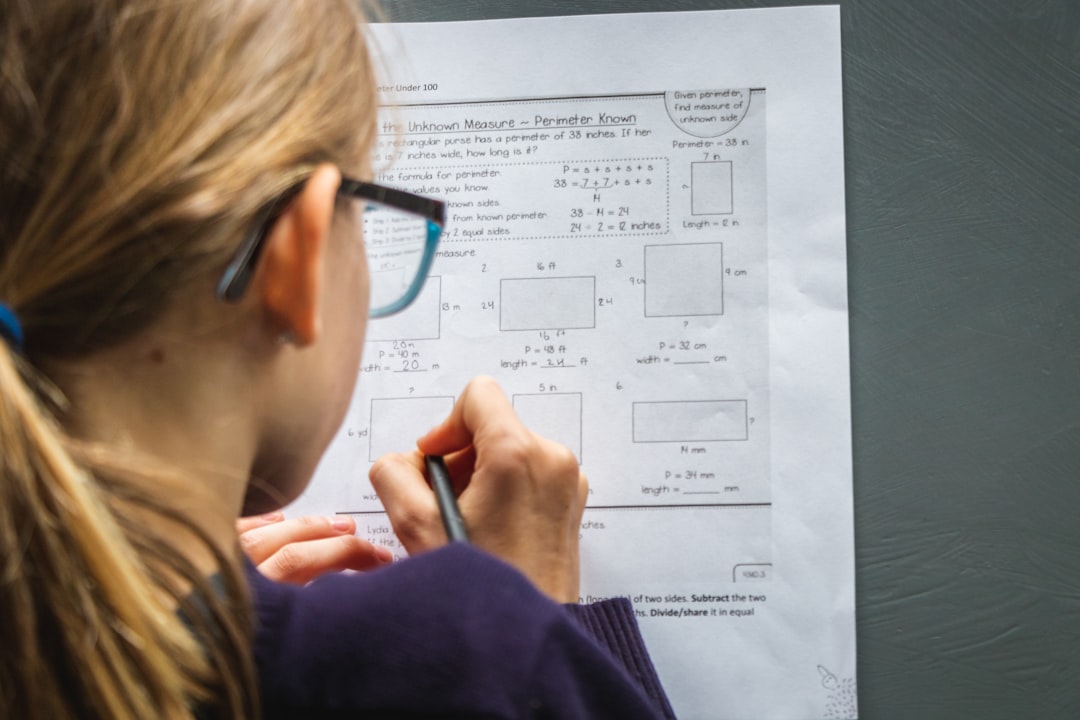Education is the bedrock of society, a transformative tool that not only imparts knowledge but also shapes the cultural and social landscape. In the contemporary world, where change is the only constant, the role of education has never been more critical. It serves as a bridge between the past and the future, equipping individuals with the skills necessary to navigate complexities of modern life and to drive innovation. This article explores how education is evolving to meet the demands of the future, emphasizing its potential to influence various aspects of human life.
The Evolution of Learning Methods
The traditional classroom setting, characterized by a teacher-fronted approach, is rapidly transforming into a more interactive and student-centered model. With advancements in technology, digital platforms have become integral, enabling personalized learning experiences that cater to individual student needs and pace. Virtual reality (VR) and augmented reality (AR) are being integrated into the curriculum to provide immersive learning experiences that were once unimaginable. These technologies are not only enhancing understanding of complex concepts but are also making education more engaging and appealing to digital natives.
Bridging the Skills Gap
As the global economy evolves, there is a growing disconnect between the skills provided by traditional education systems and the skills demanded by employers. To address this gap, educational institutions are increasingly collaborating with industry leaders to design curriculum that reflects real-world applications. This synergy helps in nurturing a workforce that is versatile, adaptable, and equipped for the challenges of tomorrow. Moreover, a focus on STEM education and coding from an early age fosters analytical thinking and problem-solving abilities, skills that are quintessential in virtually every career path.
The Role of Lifelong Learning
In an era where knowledge continuously evolves, the concept of education as a finite phase in early life is becoming outdated. Lifelong learning emerges as a crucial paradigm, advocating continuous education to enhance professional skills and personal development. This approach not only helps individuals adapt to changing job markets but also encourages a habit of intellectual curiosity and self-improvement that extends beyond professional needs, enriching personal lives and societal contributions.
Inclusivity in Education
Ensuring inclusive education is fundamental in democratizing the benefits of knowledge. This includes removing barriers for those with disabilities, providing equitable resources for students from various socio-economic backgrounds, and supporting gender equality in educational settings. Technology plays a pivotal role in this aspect by offering accessible learning materials and creating diverse communication channels that accommodate different learning styles and needs. Inclusivity not only enhances fairness but also enriches the educational environment by fostering a culture of diversity and mutual respect.
The Impact of Globalization on Education
Globalization has expanded the horizons of education. Students are no longer confined to learning about their local environment but are exposed to global cultures, languages, and issues. This exposure is imperative in cultivating global citizens who are aware of and empathetic towards international challenges such as climate change, poverty, and human rights. Educational exchanges and e-learning platforms make it feasible for students to collaborate across borders, promoting cultural exchange and global understanding, which are vital in an interconnected world.
Education is more than just acquiring facts; it is about creating a foundation for lifelong learning and global understanding. As we advance, it becomes crucial to continuously innovate and adapt educational practices to prepare for a future where change is inevitable. The responsibility lies not only with educators but also with policymakers and learners themselves, to advocate for and engage with educational models that reflect the needs and challenges of our times. Embracing this dynamic and inclusive approach to education will ensure that it remains relevant and powerful in shaping the future of humanity.







